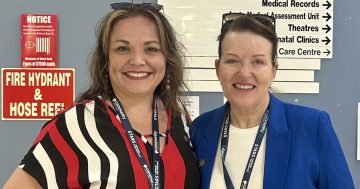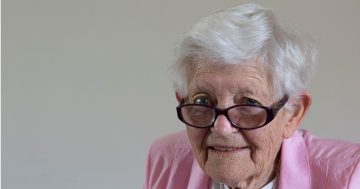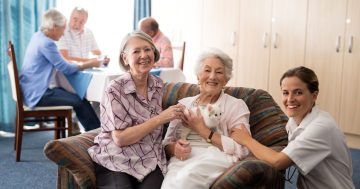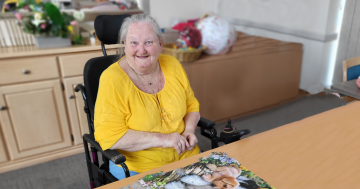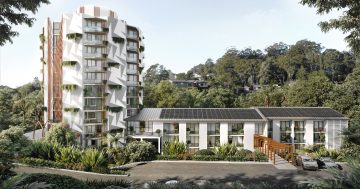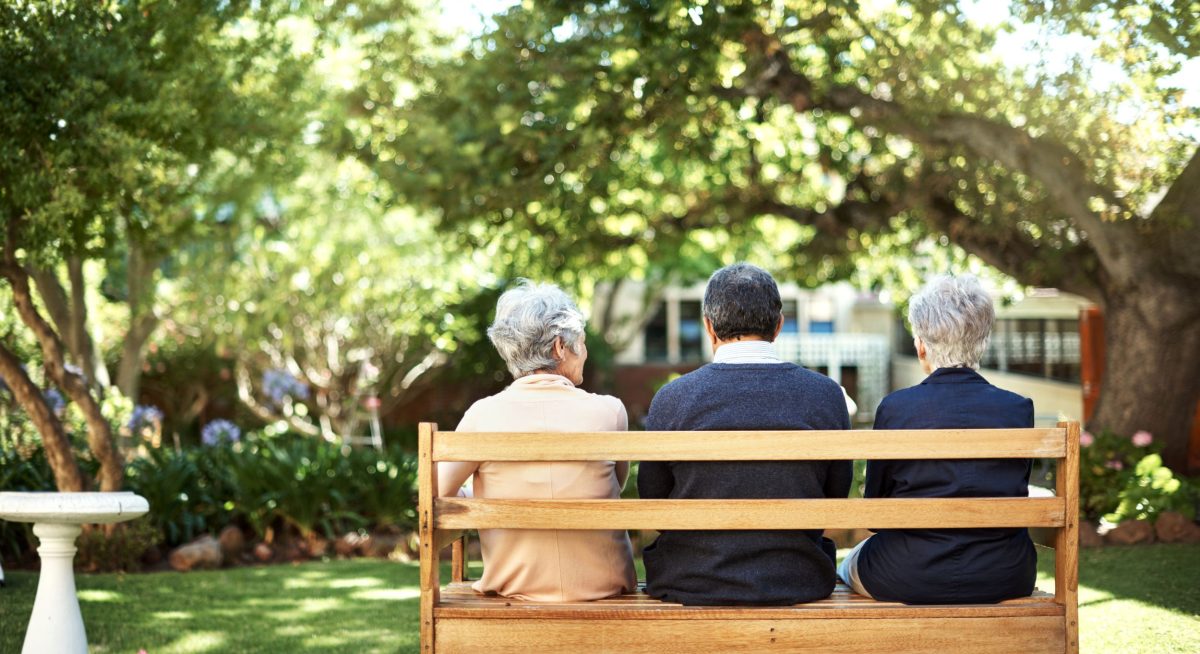
Living in a retirement villages helps older people remain healthier at home for longer. Photo: iStock/shapecharge.
Australians living in retirement villages are helping save taxpayers almost $1 billion in healthcare costs by delaying their entry into aged care, according to a recent report.
The Retirement Living Council (RLC) report Better Housing for Better Health says ‘age-friendly housing’ can help to reduce the number of visits made by older people to GPs and hospitals, which releases capacity back into health systems.
RLC executive director Daniel Gannon said the first-of-its-kind report sent a strong message to governments about the sector’s value, affordability and positive health impact.
“Retirement villages across Australia are already saving the government a billion dollars a year, by delaying residents’ entry into aged care, and quite simply, we need more of them,” Mr Gannon said.
“People who live in retirement communities are less lonely and less depressed than older Australians who live independently, because retirement communities encourage physical wellbeing and social interaction – which all translates to economic benefits for governments.”
Meanwhile, Wollongong City Council is holding a free information session on Monday 11 December for older residents to learn more about the range of services that are available to help them in their homes.
From July 2025, the Federal Government will launch the Support at Home Program, a new service that will provide in-home care services. It will replace three current programs: Commonwealth Home Support Program, Home Care Packages Program, and Short Term Restorative Care Program.
Council’s Community Support Services team will host the free information session on Monday from 10:30 am to 12:30 pm at Wollongong Library. Further sessions at Dapto and Corrimal libraries will be held in the new year.
The session will include information about the proposed changes and help residents to navigate the changes to community-based aged care. Bookings are not required. For more information, visit Wollongong City Libraries.
Wollongong City Lord Mayor Gordon Bradbery said it was important that people were aware of the changes.
“For many of us, continuing to be able to live at home is an important goal and to do that, we may rely on government-funded support services,” he said.
“These services can range from alternative transport options, help cleaning and maintaining the house, financial aid, or compassionate bin services.”
Council provides a range of services to support people over 65, and Aboriginal and Torres Strait Islander people over 50, to live an active and independent lifestyle. Visit the Wollongong City Council website for more details on the support services available through the council.
Mr Gannon said there were currently 2 million Australians aged over 75, and this cohort would increase by 70 per cent to 3.4 million by 2040.
“This population shift will have socio-economic impacts on Australia, including the housing supply shortage and the pressure on an already struggling residential aged care sector,” he said.
“Better housing that enables better health outcomes for ageing Australians is imperative, and the bonus is that it’s good for governments too.”









